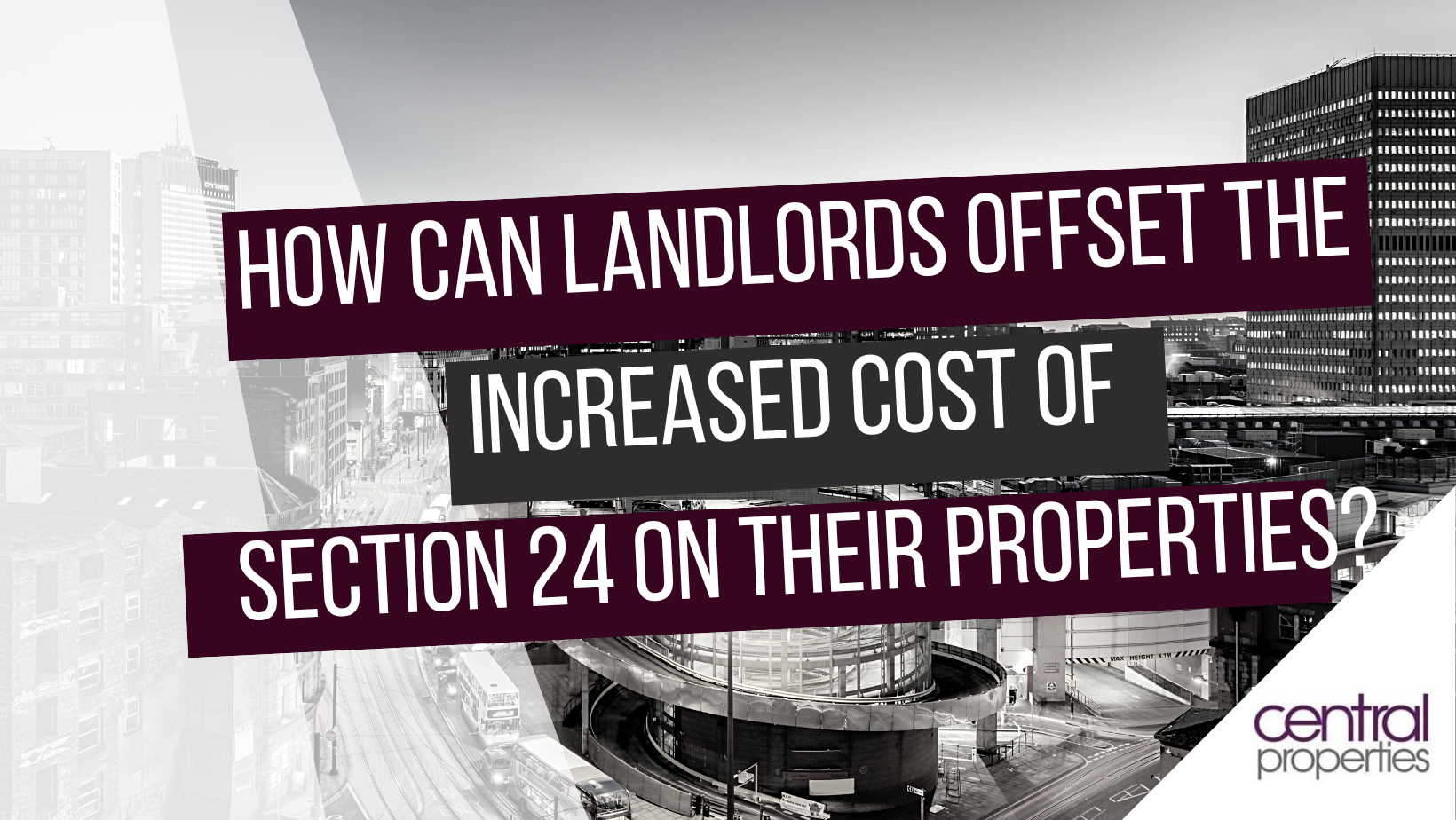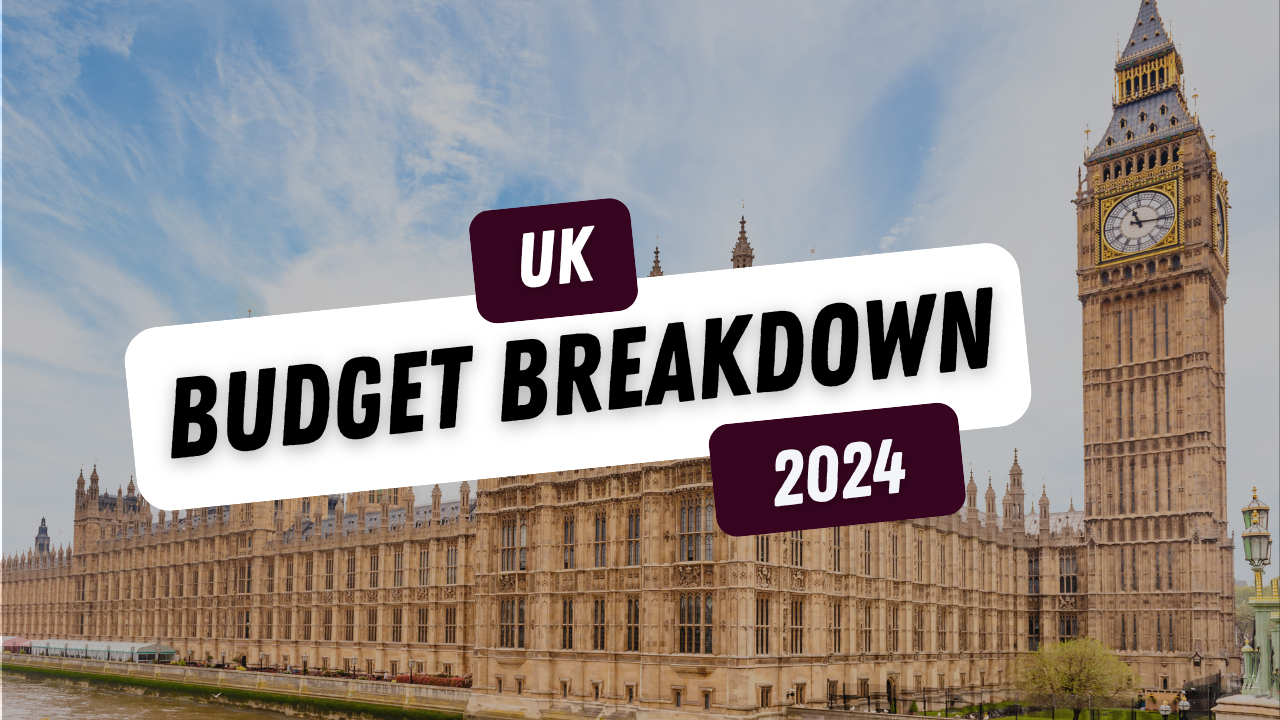
Section 24 of the Finance Act 2015 came into full force in April 2020 and means landlords now need to pay tax on all rental income received, whereas before mortgage interest could be deducted from their income tax bill.
In effect, this means landlords now pay more tax upfront, and for those who receive a salary from another job, it could bump them into the higher rate tax band which increases the amount of tax paid on income earned over and above the higher rate threshold, wiping out potential profit margins.
So here are 3 x ways to minimize the impact on your tax bill:
1. Incorporate your portfolio by transferring properties into a limited company
If you're a portfolio landlord you could transfer your properties into a ltd company, meaning you'll be paying corporation tax on profits rather than income tax, meaning restrictions on mortgage interest relief and relief on finance costs don't apply.
However, the move into a ltd company would likely be regarded as a sale so you could be subject to capital gains tax.
For some this will be beneficial, for others it wont.
It is based on individual circumstances so best to speak to your accountant about this one.
2. Reduce the size of your portfolio by selling underperforming properties
This will reduce the amount of rental income you receive therefore the amount of taxable income, and with interest rates on mortgages increasing, as well as market still at all time highs, some landlords are choosing this option.
3. Transfer ownership
If you have a lower income partner or family member, splitting earnings or transferring properties to them can level out what you owe in tax.
However, before doing anything we'd advise you speak to your accountant who will be able to provide you with additional information based on your personal circumstances.
















